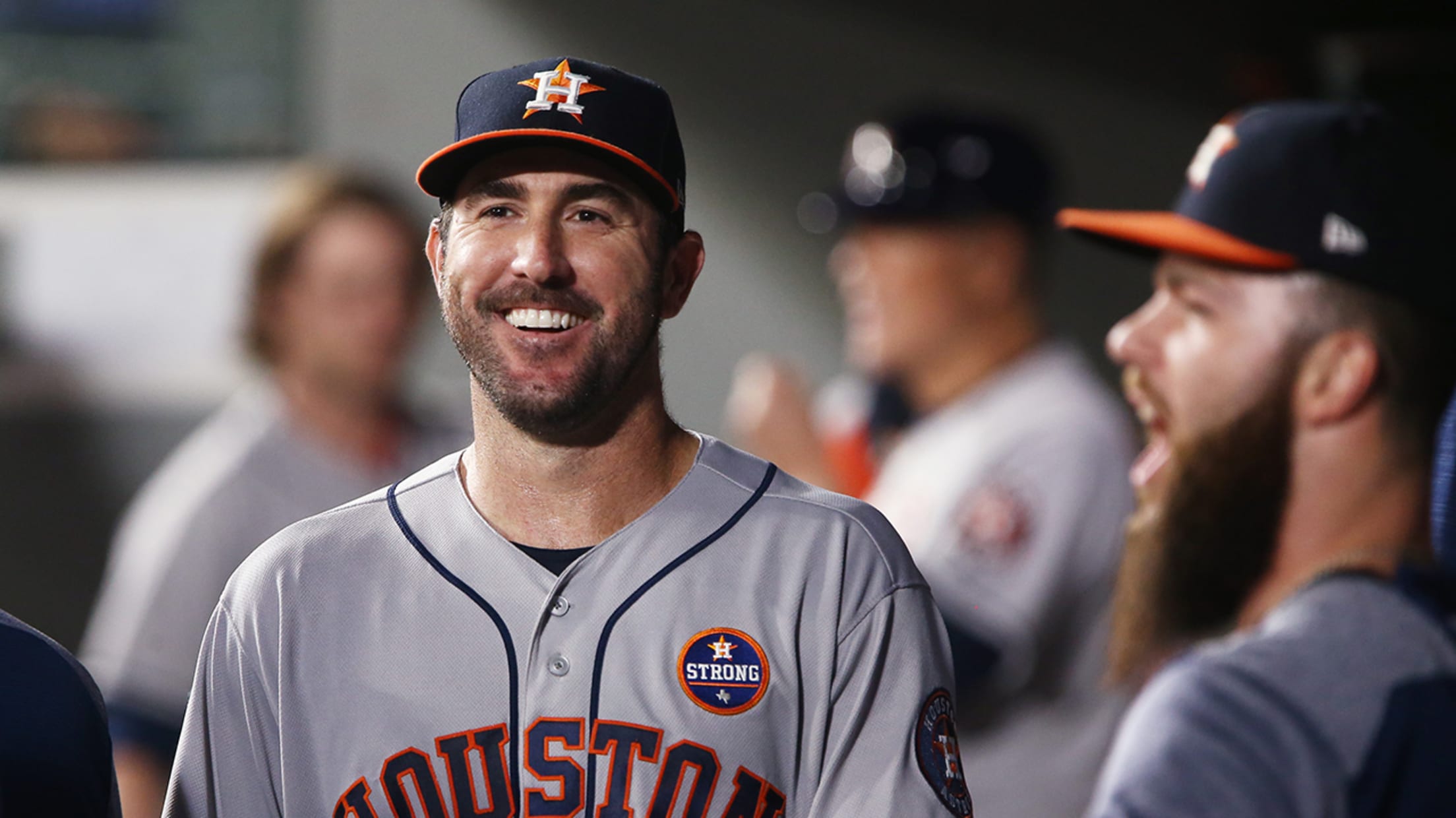Why does it make us so sad when our favorite players get traded?

The following is a transcript of a segment from this week's episode of the Cut4Cast podcast. To hear more of the Cut4 staff's weekly banterings about which position player is the best at pitching or how baseball would work in outer space, subscribe to the Cut4Cast by clicking here.
On Tuesday,
Dakota: Why is it that we as fans love when a player just spends his entire career with one team? I don't really know how to intellectualize that. And I'm curious if you guys have ever thought about that, because for me, I would've been heartbroken if like David Ortiz spent one year on like the Blue Jays or something.
I'm a Panthers fan from Charlotte, N.C., and when Steve Smith, our [future] Hall of Fame wide receiver, went to play for Baltimore, it was extremely weird. I'm wondering why that's so -- because it's not just teams that I root for.
I also think about that with other teams as well. It's weird when an iconic figure goes and plays for one or two [other teams]. Like Ichiro -- it was weird that he played for the Yankees and now the Marlins. I'm wondering, why do you think that is? Chris, do you have any thoughts on that?
Chris: Yeah, I mean, I've had to think about this quite a bit as a Yankee fan, because several players have spent quite a long time, or spent their entire career only with the Yankees. I think it's that you don't have to share them with anyone else. That sounds kind of childish, and I guess it is in some ways. But there's something about having a guy as yours, and only yours for, you know -- if it's 10 years, 15 years, 20 years, whatever it is. There's something about the idea that there's no other group of fans that gets to claim that; there's some sort of satisfaction in the completeness of it.
Derek Jeter's whole career was with the Yankees, and I got to watch all of it, and no one else got that. I don't know, I think there's something about like the ownership of it that you take as a fan of a given team.
Dakota: Yeah, ownership is a good word. It's like, that was our guy. I get that. Gemma, do you have any thoughts?
Gemma: I think it also has something to do with identifying with players. A lot of people who are fans of their teams, they also themselves have lived in that area for their whole lives. So you're like, 'OK, so I know, I intellectually know that
I think David Ortiz has this really iconic moment -- "this is our f-ing city." He is identified with Boston, but that's not where he lives in December, right? He's not out there shoveling snow off his walk. But it is his city because of that moment, even though he doesn't live there.
So I think when a player does spend most of his career in one place, people identify with their home. And if people say, 'Your home is not where I want to live anymore,' it's kind of sad, and I think there is something people like about saying, 'Yeah, it is good to live here, it is good to be a part of this community, and to stay there forever.
Chris: Yeah, I think to Gemma's point, there's something to the idea that it's not necessarily about spending your entire career with one team, it's that they didn't choose to leave you at any point. It's a real, personal kind of thing, where a star who has been there for a while leaves for another team. I think there's this, 'Oh, he chose us. He wants to be with us for his entire career.'
For more of the conversation, just click here.




